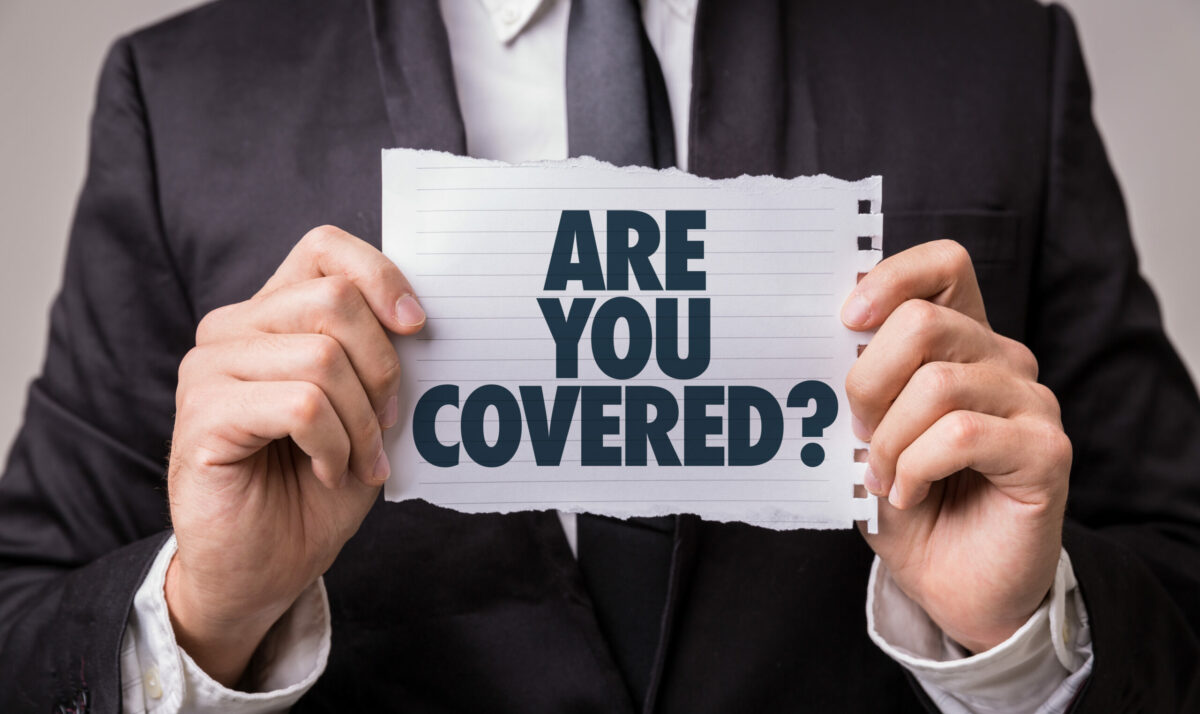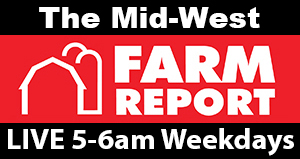
Insurance. It’s something you may not think about until you have to use it. Insurance for county fairs is a bit different than the insurance you have for your home or life. Robert Holmes of Spectrum Weather Insurance and Andrew Vandepopulier of Haas & Wilkerson Insurance specialize in helping people understand just what their insurance policy really means. Since the pandemic there have been many changes to these policies that fair personnel need to be aware of.
Many county fairs coming out of the pandemic are struggling to find insurance. Some minimized their coverage or did away with portions of it entirely. Vandepopulier says that they need to make sure to do a full top down review and that includes looking at general liability, liquor, property, auto, and workers compensation. One thing that they need to really review coming out of the pandemic is what they are on the hook for in terms of potential losses with entertainment.
“A lot of artists have changed their contract language post pandemic on major clauses,” says Holmes. “They’re a little bit more tight on guaranteed payments, so if they’re ready, willing and able to perform, they will get paid. If there’s something that occurs weeks prior, their contract language is becoming ironclad. So you always want to look at those clauses in those artist contracts and even negotiate better terms if you’re able to do so.”
Many insurance carriers have added exclusions that fair boards need to be aware of when purchasing a policy so that they understand as a whole, if they have coverage for the events they are putting on. Some key exclusion areas have been added for rodeos, motorsports, and fireworks – all of which affect the fair industry.
“When it comes to events, the inclusion of communicable disease has now been eliminated,” explains Vandepopulier. “You’re not going to be able to find cancellation insurance that will provide coverage in the event of another pandemic or even influenza or bird flu and things like that.”
Due to this exclusion, it is important to ask if and how you will be covered in these cases with a large importance on E. Coli. If you’re not covered for it, find out why and what you need to do to be protected as a fair and as an organization.
Both Vandepopulier and Holmes say to also revisit your vendor contracts. Key questions to be asking are:
- Are they naming you as additional insured?
- Are they indemnifying you and holding you harmless?
- How are you protected as a fairboard?
Additionally, Holmes says there are a variety of different types of weather insurance to look into.
“Some of the most basic policies just protect you against a rainy evening. It’s more of a protection for your revenue generated events where you’re relying on gate entries, per cap spends in the grandstand, beer garden, midway, etc.”
Holmes continues to say that weather insurance has changed quite a bit as you can now obtain coverage for lightning and different levels of rain. It’s all about protecting your revenue.
Vandepopulier and Holmes remind people to make sure they are working with an agent that specializes in doing the events at fairs in particular so that at the end of the day, you have a policy that’s tailored to an event that you’re hosting, not just necessarily a farm and ranch policy that has been made to plug the gap.

Leave a Reply